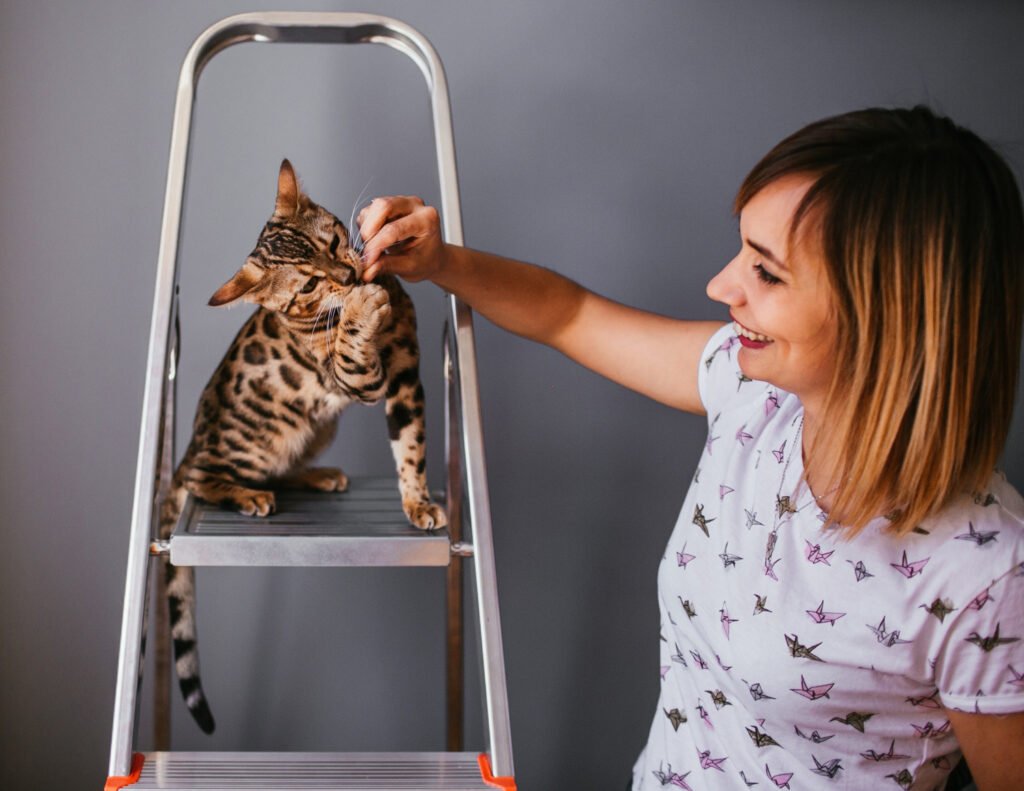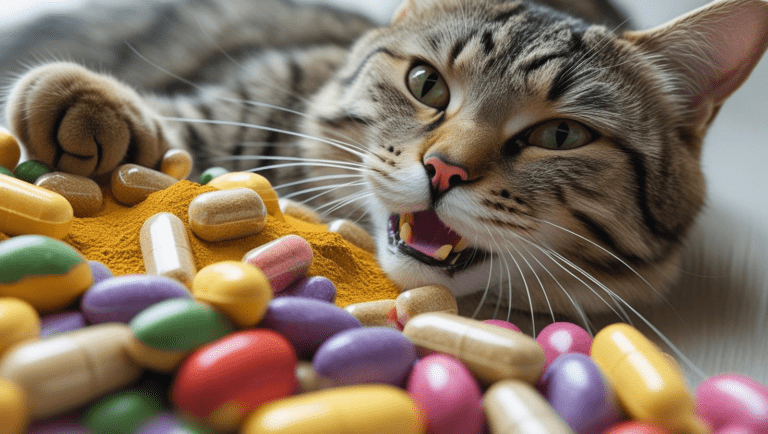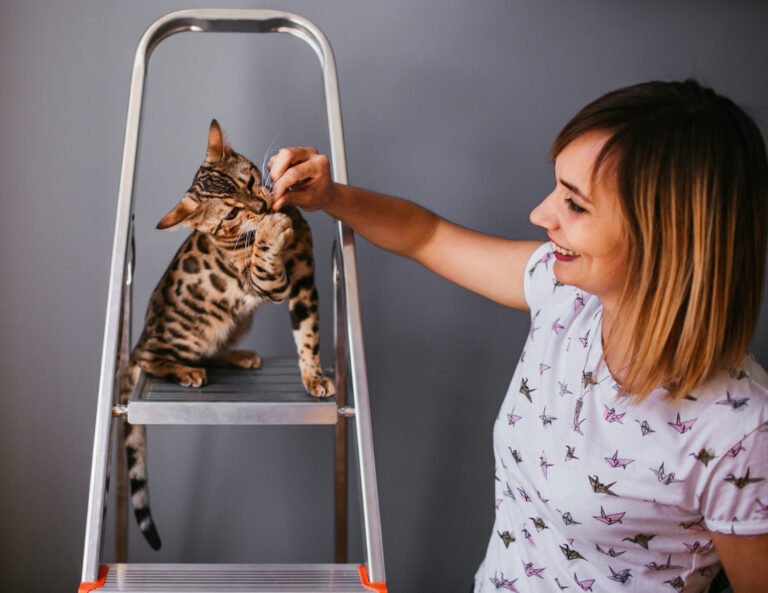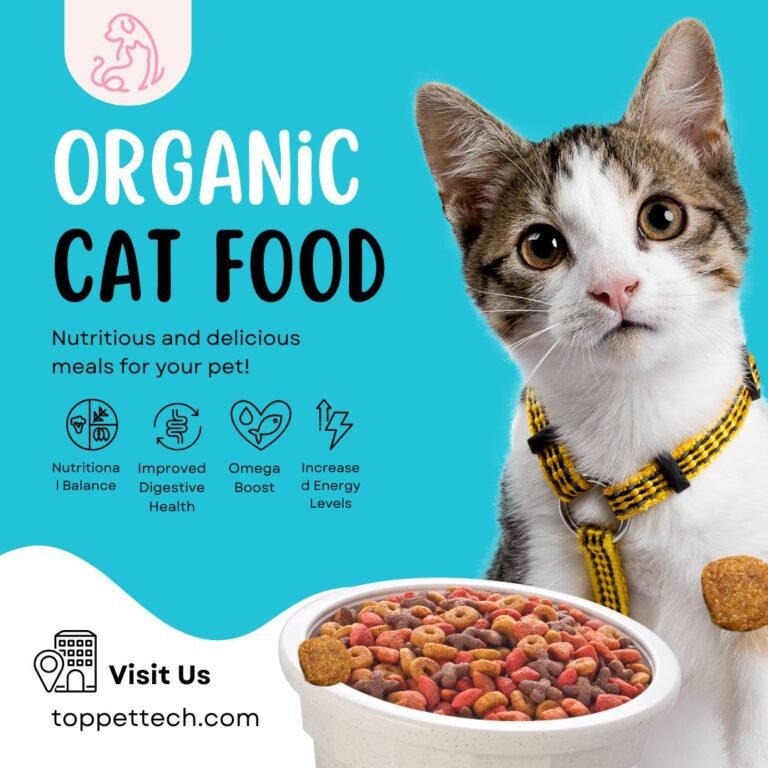Cats are often viewed as low-maintenance, independent companions—but that doesn’t mean they don’t require consistent health care. In fact, keeping your cat in good health takes just as much dedication as caring for a dog. Because many cats live strictly indoors and can be challenging to transport in carriers, pet parents sometimes delay or skip routine veterinary visits. Unfortunately, this can cause undiagnosed health issues to develop and worsen over time.
Whether you’ve just brought home a kitten or are caring for a senior cat, providing proper medical care, nutrition, mental stimulation, and preventative treatments is essential. In this guide, we’ll walk you through how to care for your cat during every stage of their life.
Quick Navigation:
- kittens 0-12 Months
-
Adult 1-8 Years
-
[Senior Cat (8–15 Years)]
-
[Geriatric Cat (15+ Years)]
-
Common feline health problems
Common Cat Health Issues
While cats can experience a wide range of medical problems, some conditions are particularly prevalent:
-
Intestinal parasites
-
Infectious diseases
-
Inflammatory bowel disease (IBD)
-
Orthopedic complications
-
Cancer
-
Diabetes
-
Hyperthyroidism
-
Chronic kidney disease
Although many of these issues can arise at any time, some (like parasites in kittens and kidney disease in older cats) are more likely during specific life stages.
It’s important to note that even indoor-only cats are at risk of parasites, injuries, or diseases. A bat sneaking into your home or accidental outdoor exposure can pose serious threats.
How to Keep Your Cat Healthy Throughout Life
Being a responsible cat parent means staying informed and proactive. Your vet plays a key role in guiding you through vaccinations, nutrition, and health checks.
Kitten (0-12 Months)
Bringing home a kitten is exciting—but it comes with a lot of responsibility. From nutrition to early medical care, here’s what your kitten needs:
Dietary Requirements
Kittens require more calories and protein than adult cats due to rapid growth. Choose high-quality kitten-specific food. Here are a few top-rated options:
-
Purina Pro Plan Kitten
-
Royal Canin Kitten Formula
-
Hill’s Science Diet Kitten
-
IAMS ProActive Health Kitten
Your kitten will likely transition to adult food by 10–12 months. Always make dietary changes gradually over a week to avoid digestive issues.
Supplements & Hairball Management
Hairballs are common. Regular brushing helps, but you can also use products like CAT LAX to help your kitten pass ingested fur. Vomiting hairballs too often could signal an underlying health issue—consult your vet if needed.
Medical Care & Vaccinations
Schedule a vet appointment shortly after adoption (within 10–14 days). Your vet will perform a full exam including:
-
Checking for congenital issues (e.g., cleft palate)
-
Heart and lung assessment
-
Testing for parasites and viruses (FeLV, FIV)
-
Starting core vaccinations
Key Vaccinations:
-
FVRCP (Feline Distemper Combo)
-
Feline Leukemia (FeLV) – especially for kittens
-
Rabies – typically administered at 12–16 weeks
These vaccines are critical—even for indoor cats—to protect against contagious and life-threatening diseases.
Dental & Spay/Neuter Care
Most kittens won’t need dental cleanings unless there’s an issue like retained baby teeth. Spaying/neutering is generally recommended at 4–6 months to prevent unwanted litters and health risks like mammary tumors or marking behavior.
Parasite Prevention
Begin flea and tick treatments early—even indoor cats can get fleas. Ensure you use weight-appropriate products and maintain year-round prevention.
Mental & Physical Stimulation
Keep kittens active and engaged with toys that mimic hunting behavior. Good choices include:
-
Feather wands
-
Interactive laser pointers
-
Puzzle feeders
Avoid strings or ribbons, which can cause dangerous blockages if swallowed. Encourage healthy scratching by offering different types of scratchers—carpet, cardboard, sisal—to suit your kitten’s preferences.
Adult Cat (1–8 Years)
As your cat matures, regular vet care and proper diet remain crucial to long-term health.
Nutrition & Weight Management
By one year of age, your cat should be eating an adult formula. Since indoor cats are less active, they often become overweight if overfed or given too many treats.
Top adult cat food options:
Wet Food:
-
Royal Canin Weight Care
-
Hill’s Science Diet Hairball Control
-
IAMS Perfect Portions
Dry Food:
-
Purina Pro Plan Focus
-
Hill’s Indoor Adult
-
IAMS ProActive Health
Check for the AAFCO label to ensure nutritional completeness. Speak with your vet if your cat has unique dietary needs.
Supplements for Wellness
Some adult cats benefit from supplements to manage hairballs or stress. Try:
-
CAT LAX – for hairball control
-
Feliway pheromones or VetriScience Composure – for anxiety relief
Severe anxiety or chronic vomiting warrants a vet consultation.
Annual Veterinary Exams
Don’t wait for illness—schedule yearly check-ups. These exams help detect:
-
Obesity
-
Digestive issues
-
Dental disease
-
Skin or coat problems
-
Parasite infestations
Routine blood work can detect early signs of diabetes, thyroid issues, or organ dysfunction—especially in cats older than 6.
Vaccination Reminders
-
FVRCP and Rabies vaccines should be maintained lifelong.
-
FeLV is recommended for cats who spend time outdoors or interact with unknown cats.
Dental Health Maintenance
Most cats will develop some dental disease by age 5. Regular cleanings, dental diets, and daily brushing with cat-safe toothpaste help prevent painful conditions like gingivitis and tooth resorption.
Conclusion: A Healthy Cat Is a Happy Cat
Cats rely on us to provide everything they need to live long, comfortable lives—from kittenhood to their golden years. Staying on top of annual vet visits, feeding a well-balanced diet, maintaining parasite prevention, and offering plenty of playtime goes a long way.
Whether you’re raising a kitten or caring for an adult cat, regular monitoring and professional care are key to catching health concerns early and keeping your feline companion feeling their best.






